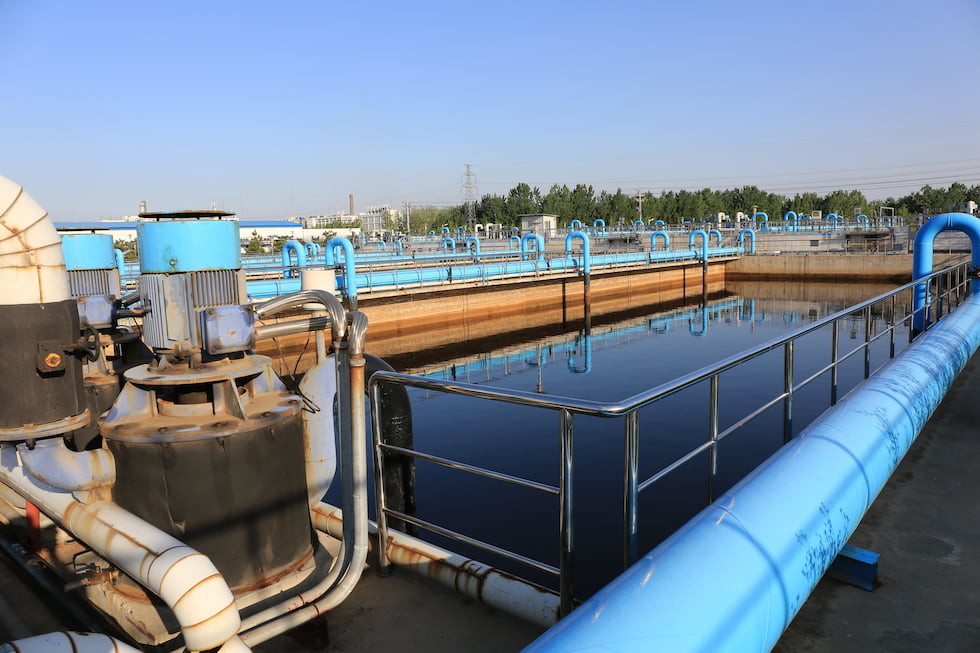
Last week, the U.S. Senate passed the Drinking Water and Wastewater Infrastructure Act of 2021, a bill allocating funding for water infrastructure.
If passed, the bill would both reauthorize existing programs as well as create new programs to help communities nationwide improve water infrastructure.
The bill allocates increases in funding for several programs over the next five years, including The Water Infrastructure Finance and Innovation Act ($250 million), The U.S. Environmental Protection Agency Sewer Overflow & Stormwater Reuse Municipal Grant Program ($1.4 billion) and The Alternative Source Water Pilot Program ($125 million). The Clean Water State Revolving Fund is allocated $14 billion over the next five years under the new legislation, a significant increase over past years—meaning more money will be available for low-interest federal loans for water utilities.
According to Water Environment Federation (WEF) Legislative Director Steve Dye, this increase in funding will help lower income communities, financially distressed communities and rural communities by allowing loan forgiveness and other beneficial loan terms like loan forgiveness, principal forgiveness and loan restructuring. There are also several drinking water programs that would be reauthorized under the bill, including the Drinking Water SRF, PFAS treatment grants and a drinking water resilience grant program.
New programs the bill lays out include The Water Infrastructure and Workforce Investment Grant Program, The Connection to Publicly Owned Treatment Works Grant Program, The Small Publicly Owned Treatment Works Efficiency Grant Program, The Clean Water Infrastructure Resiliency and Sustainability Grant Program and The Wastewater Energy Efficiency Grant Pilot Program, all of which would be receiving funding over the next five years.
Moreover, the Rural and Low-Income Water Assistance Pilot Program would establish a new EPA program to give 40 grants a year to utilities to assist low-income ratepayers.
"This means people in communities who are really financially distressed and are struggling to pay their water bills or potential rate increases are going to benefit from a grant to help them pay their bills," Dye said.
Another new program, the Stormwater Infrastructure Technology Program would create five Stormwater Centers of Excellence and get funding for stormwater infrastructure planning/development and implementation grants.
However, the bill passing in the Senate is just the first step in the process. This bill is just the Senate’s version of a water infrastructure bill, and the House has yet to pass its version. When both bills have passed their respective chambers, then all of Congress will come together to negotiate and create a final version of the bill, which needs to be signed by the president before becoming law.
The Senate's version of the bill does show a major increase in funding and a slew of new programs. The House's bill, The Water Quality Protection and Jobs Creation Act, is more narrowly focused on where it wants funding to go but has a higher dollar amount. The bill was introduced on the House floor in March.
The WateReuse Association and The Water Environment Federation (WEF) have both come out in support of this legislation.
“The WateReuse Association applauds EPW Chairman Tom Carper, Ranking Member Shelley Moore Capito, and Senators Tammy Duckworth and Cynthia Lummis for developing strong, bipartisan legislation to improve our nation’s water recycling infrastructure,” said Patricia Sinicropi, executive director of the WateReuse Association in a press release. “The Drinking Water and Wastewater Infrastructure Act of 2021 provides tools and investments to help communities address complex and evolving challenges through the adoption of water reuse.”
The Water Environment Federation (WEF) also expressed support for the bill: “WEF strongly supports the draft legislation and congratulates the Committee on putting forth a bill that will advance many of the water infrastructure funding and policy priorities our members have been advocating for over the years,” Executive Director Walter Marlowe said.
“Passage of the Senate bill, however, is only the first step in the legislative process, and WEF’s members will continue to advocate to members of Congress for a robust final water infrastructure funding package to be included in a larger infrastructure package this year."

